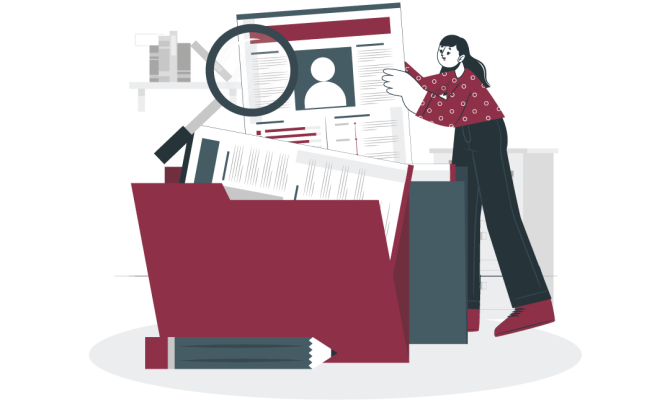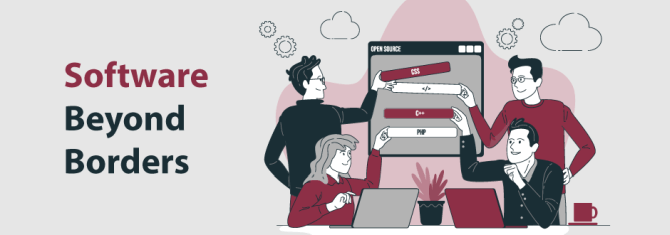Continuous technological advancements have always been our core focus as part of a very dynamic IT industry. We based our activity on improved efficiency and on teams that work together to build custom solutions. But the pandemic reshaped a lot of things and the IT industry in Romania felt the changes, even though this industry didn’t take the brunt of it.
Very early on we realized we needed to:
- Support collaboration and co-creation in our teams, even more than we already did
- Secure technology and invest in solutions (like hybrid cloud services or enterprise portals)
- Create “command centers” that communicated strategically and responded accordingly with the rest of our teams
- Produce strategies and procedures for this particular disruption that we could use time and time again, as the pandemic waves came back
To put it simply, the focus has been to stabilize business operations and our teams for the future, but also respond to the new demand that brought with it the potential to thrive in the most challenging times.

Globally and locally, the IT industry has had to shift into high gear to accommodate the sudden demand for remote working and collaboration solutions, as the majority of businesses have gone digital.
Rethinking what it’s going to take to accommodate business technology is a must, as we predict these will greatly increase:
A Boom in Automation
In a post-coronavirus environment, it makes sense to invest in automation. After all, computers aren’t affected by global pandemics, and automated systems tend to require only minimal maintenance. Marketing automation was one of the first applications we have seen adopted more and more during these times.
A Different Community
As we move forward, it’s going to be critical for all of the members of the IT community to work even more closely with businesses as they support them to integrate technologies and strategies and prepare for an uncertain future. This will change the IT environment and the way we think about our genuine interactions.
More Use of Cloud Solutions
Many organizations had problems during the pandemic because they depended on hardware. This showed the importance of allocating resources to the Cloud to support workers who are not forced to work outside of their offices. After all, this is the smartest way to gain flexibility and decrease technology operating expenses going forward.
To resume, while we continue to make technological advancements, we also must make sure to use the right mix of future-proof technologies, solid but leading-edge, to create scalable software for the businesses of the future.

Our two cents: Look back to see what’s coming
The epidemics have long had a role in shaping our history as a civilization. Napoleon Bonaparte’s nineteenth-century imperial expansion westwards across the Atlantic Ocean was halted by yellow fever, his eastern ambitions were halted because of typhus. History is here to show us that from time to time there is a handful of events that permit us to rewrite the rules of business, finance and economics.
The Covid-19 pandemic will undoubtedly be remembered as a similar event. It will change where we live, how we shop, how fast new drugs are developed. Change is an underground project because, as optimistic as one might want to be, there is only one certainty: only one infectious disease has been eradicated globally and that was smallpox.
